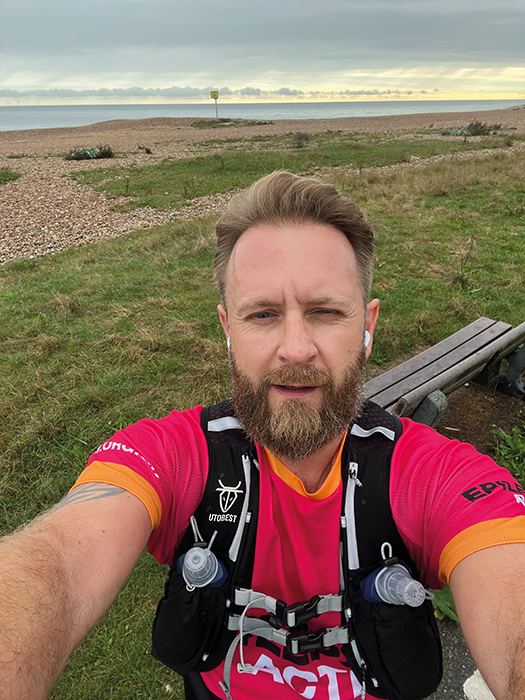 Epilepsy care should be more local, with people given an expert “point of contact”, and decision making should be better shared between patients and doctors, according to the National Neurosciences Advisory Group (NNAG).
Epilepsy care should be more local, with people given an expert “point of contact”, and decision making should be better shared between patients and doctors, according to the National Neurosciences Advisory Group (NNAG).
The NNAG’s “optimal clinical care pathway” for adults with epilepsy has been developed by organisations including Epilepsy Action.
A clinical pathway is the journey people with epilepsy take through NHS services.
The pathway for people with epilepsy was developed by the NNAG. The NNAG is a collaboration of professionals and patient groups.
The pathways set out what good treatment, care and support should look like. It is part of a set of care guidelines for many neurological conditions.
Following a six-week public consultation, the NNAG emphasised the need for people with epilepsy to have a “first point of contact” with an expert.
According to the group, care should be local when possible. It said patients needed to be seen in a regional neuroscience centre rather than tertiary and secondary services, which could be far from their homes.
The group said the improved pathways would also create efficiency savings for the NHS while improving the quality of epilepsy services.
It added that another barrier the new pathways would overcome was the inability of centres to receive and store patient information, including video monitoring. It said an increased focus on data sharing or a national epilepsy register would facilitate communication between clinicians and improve care for people with epilepsy.
The document also outlines what “good practice” should look like. For instance, it says: “After a first suspected seizure, a patient should be referred to a first seizure service.”
Among the useful resources to improve patient care, the document references a number of Epilepsy Action led-projects, including Step Together – Integrating care for children, young people and adults with epilepsy and learning disability, and the Step Together Benchmarking Toolkit – Service Evaluation.
Alison Fuller, director of health improvement and influencing at Epilepsy Action, said: “We are delighted to be a part of such an ambitious project to improve the quality and delivery of epilepsy services.
“We’re hoping the recommendations outlined in the new epilepsy pathway will be adopted widely, to improve the quality of care people with epilepsy receive, and streamline processes for healthcare providers at the same time.
“We will continue to work closely with clinicians and other organisations to optimise the level of care patients receive, and define ‘what good looks like’ for people with the condition.”
Clinicians supporting the pathway include Tony Marson from Liverpool’s Walton Centre, Rohit Shankar from the University of Plymouth, Melissa Maguire from Leeds Teaching Hospitals NHS Trust and Rhys Thomas from Newcastle University.
Pathways have also been developed for multiple sclerosis, neurological autoimmune disorders, motor neurone disease and more.
More articles




